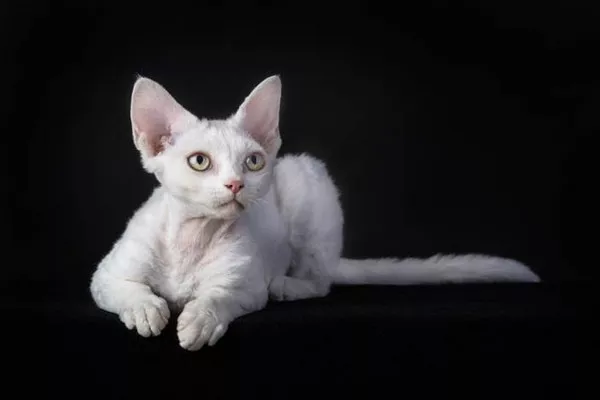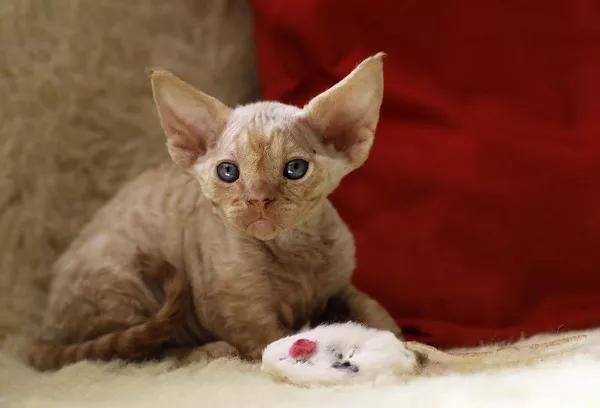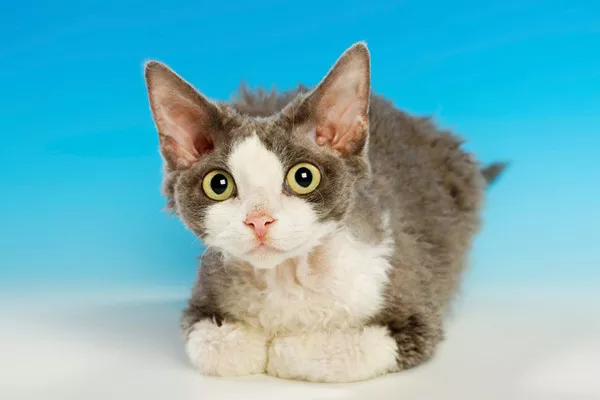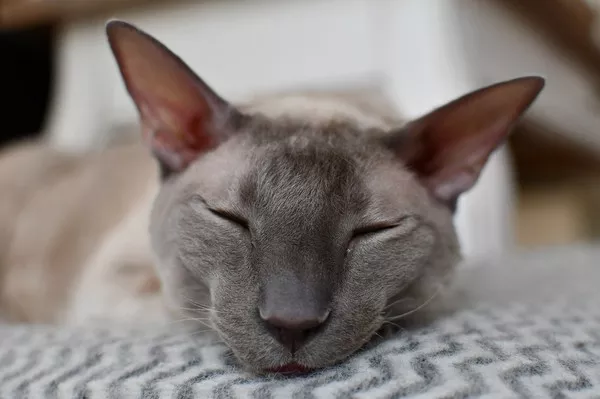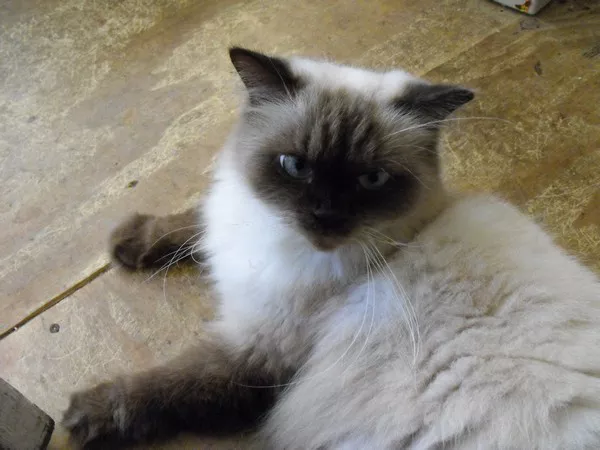The Devon Rex, with its characteristic elfin features, low-set large ears, and soft, wavy coat, has intrigued cat lovers and breeders worldwide. Originating in Devonshire, England, in the late 1950s, the Devon Rex’s distinct appearance and endearing personality have often led to inquiries about its genetic makeup and potential hybrid origins. This article explores the history, genetic composition, and unique characteristics of the Devon Rex breed, debunking myths and shedding light on what truly makes up this fascinating feline.
Understanding the Devon Rex Breed
Before delving into the genetic mix, it is essential to understand who the Devon Rex is as a breed, including its discovery, characteristics, and how it differs from similar breeds like the Cornish Rex.
Historical Background
The Devon Rex breed began with a stray tomcat named Kirlee, born in 1959 in Buckfastleigh, Devon. Kirlee, distinguished by his curly coat, peculiar head shape, and large ears, represented a spontaneous mutation. This mutation led to interest from breeders who saw potential in developing a new breed.
Physical and Behavioral Traits
Coat: The most striking feature of the Devon Rex is its soft, wavy, curly coat. This is due to a mutation affecting the keratin protein, resulting in fewer hair shafts that are finer and more fragile.
Ears: Their unusually large, low-set ears give them a pixie-like appearance.
Personality: Devon Rex cats are known for their playful, friendly, and loyal nature. They are highly intelligent, enjoy human company, and are often described as “dog-like” in their behaviors, such as fetching objects.
Genetic Composition and Distinctions
To fully grasp what the Devon Rex is made of, it’s important to consider its genetic structure and how it relates to and differs from other breeds.
Devon Rex Genetic Mutation
The gene responsible for the Devon Rex’s coat is recessive and distinct from that of the Cornish Rex, despite superficial similarities in fur texture. Genetic tests have confirmed that the mutations affecting the two breeds are entirely different.
Comparison with Other Rex Breeds
Cornish Rex: The Cornish Rex features only the undercoat (down hair), which is soft and curly. Its mutation affects a different gene than that of the Devon Rex.
Selkirk Rex: This breed has a mutation that results in a curly coat that affects all three types of hair (guard, awn, and down). The Selkirk Rex’s gene is dominant, unlike the recessive gene of the Devon Rex.
Breeding and Development
The development of the Devon Rex breed involved careful breeding strategies to enhance desirable traits while maintaining genetic diversity.
Initial Breeding Programs
Early breeders focused on reproducing Kirlee’s unique traits, initially pairing him with Cornish Rexes until realizing the genetic distinction necessitated a separate breeding program.
Outcrossing Strategies
To increase genetic diversity and reduce health problems associated with close breeding, Devon Rex breeders have occasionally outcrossed to other breeds, including:
British Shorthairs
American Shorthairs
Burmese
These outcrossing efforts have helped refine certain physical traits and improve the breed’s overall health.
Health Considerations in Devon Rexes
Like all purebreds, Devon Rexes are prone to specific health issues, partly due to their genetic makeup.
Common Genetic Health Issues
Hypertrophic Cardiomyopathy: A common heart condition in cats, including Devon Rexes, often inherited genetically.
Hereditary Myopathy: A muscle disorder affecting some Devon Rex cats, impacting their mobility and quality of life.
Congenital Hypotrichosis: Also known as hereditary baldness, which can occur in Devon Rex kittens.
Importance of Genetic Testing
Responsible breeders utilize genetic testing to identify potential carriers of certain diseases and to avoid breeding cats that could pass on detrimental genes.
Cultural Impact and Popularity
The Devon Rex’s distinctive appearance and charismatic personality have made it a favorite in popular culture and pet ownership.
Popularity Among Pet Owners
Known for their loyalty and affectionate nature, Devon Rex cats are often sought after by families and individuals seeking a sociable and interactive pet.
Representation in Media
The breed’s unique look has garnered it roles in commercials, films, and print media, further boosting its popularity and public curiosity about its origins and characteristics.
Conclusion
The Devon Rex is not merely a mix of different breeds but rather a distinct breed formed through a unique genetic mutation. Its development involved careful breeding strategies, including outcrossing to enhance genetic diversity and health. While it shares certain similarities with other Rex breeds, the Devon Rex stands out for its unique traits and endearing personality. Understanding the genetic foundation and breeding history of the Devon Rex not only enhances appreciation for this delightful breed but also highlights the importance of responsible breeding practices to maintain the health and vitality of future generations.

